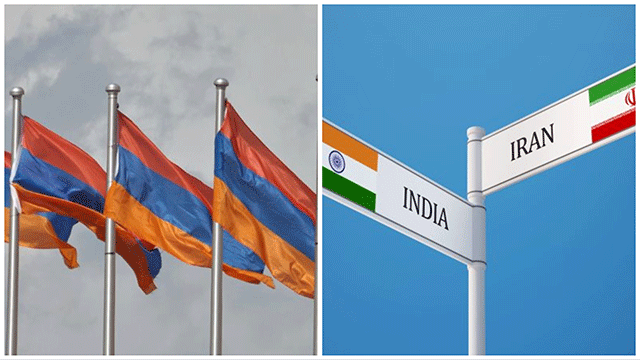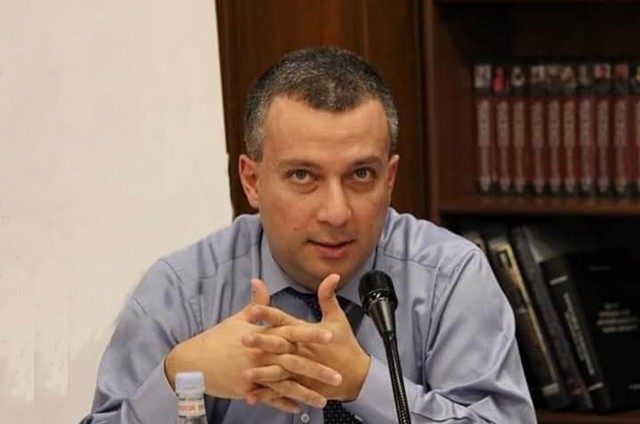by Benyamin Poghosyan
The ongoing transformation of the global order has created opportunities and challenges for countries worldwide. The unipolar world fades away, while the main features of the emerging world order are not apparent yet.
Will the new world be an area of cooperation between different actors, or will it be a jungle, where all fight all and the strongest take everything? Amidst this strategic ambiguity, one pattern is clear: in the upcoming years and even maybe decades, the world will face instability, growing competition, and a struggle for regional hegemony.
Read also
Eurasia is the most vivid example of these developments. The war in Ukraine, the complete rupture of Russia – West relations, growing tensions between the US and China, and upheaval in Afghanistan are all features of an emerging mess.
Meanwhile, as great and middle powers struggle to expand their influence, small states face existential threats. Armenia is one example of a small state overtaken by the changing geopolitical landscape. Before 2020, the primary focus of Armenian foreign, defense, and security policy was Russia. Armenia hosted a Russian military base and border troops and joined the Eurasian Economic Union and Collective Security Treaty Organization. The primary logic behind this strategy was the belief that an alliance with Russia would prevent Turkey from direct involvement in any future war between Armenia and Azerbaijan.
However, Armenian leadership failed to assess the changing nature of geopolitics in the region, including the transformation of Russia–Turkey relations and the growing role of Azerbaijan for Russia. As a result, Armenia suffered a defeat during the 2020 Nagorno Karabakh war, which put the existence of Nagorno Karabakh in doubt. It opened a path for Azerbaijan for further incursions into Armenia proper. Since the end of the 2020 Nagorno-Karabakh War, Armenia has faced a permanent escalation and aggressions by Azerbaijan.
This resulted in the occupation of 200 square km. of Armenian territory by Azerbaijan, the emergence of the concept of “Western Azerbaijan,” and growing pressure on the Nagorno Karabakh Armenians to accept Azerbaijani control or leave their homeland. The negotiations facilitated by Russia, the EU, and the US failed to bring peace and stability. At the same time, recent actions of Azerbaijan, including the establishment of the checkpoint on the Lachin corridor, have proved once more that Azerbaijan is determined to take as much as possible and to utilize its victory in 2020 war fully.
As Armenia struggles to grapple with multiple challenges – to save Nagorno Karabakh, to resist further Azerbaijani incursions into Armenia, to push out Azerbaijani soldiers from Armenia proper, and to survive the Russia – West confrontation, there is an acute need for reassessing Armenian foreign, defense, and security policy.
The old schemes no longer work, and Yerevan needs to look for new partners and partnerships. Armenia was behind Azerbaijan in participating in multilateral cooperation formats, as Azerbaijan successfully launched the Azerbaijan – Georgia –Turkey and Azerbaijan – Iran – Russia platforms. Yerevan made some efforts to establish the Armenia – Greece – Cyprus (having the first trilateral meeting at the level of foreign ministers in June 2019) and Armenia – Turkmenistan – Iran cooperation platforms. However, these steps did not bring the expected results for several reasons.
In this context, relations with Iran and India and the establishment of a trilateral cooperation format offer a new strategic opportunity for Armenia. Both countries are interested in a strong Armenia and are against Turkish domination over the South Caucasus. Iran played a role in preventing or stopping recent Azerbaijani incursions into Armenia. At the same time, large-scale military drills along the Iran – Azerbaijan borders in 2021 and 2022 sent a message to Azerbaijan that Iran may not restrict itself only by verbal statements.


























































